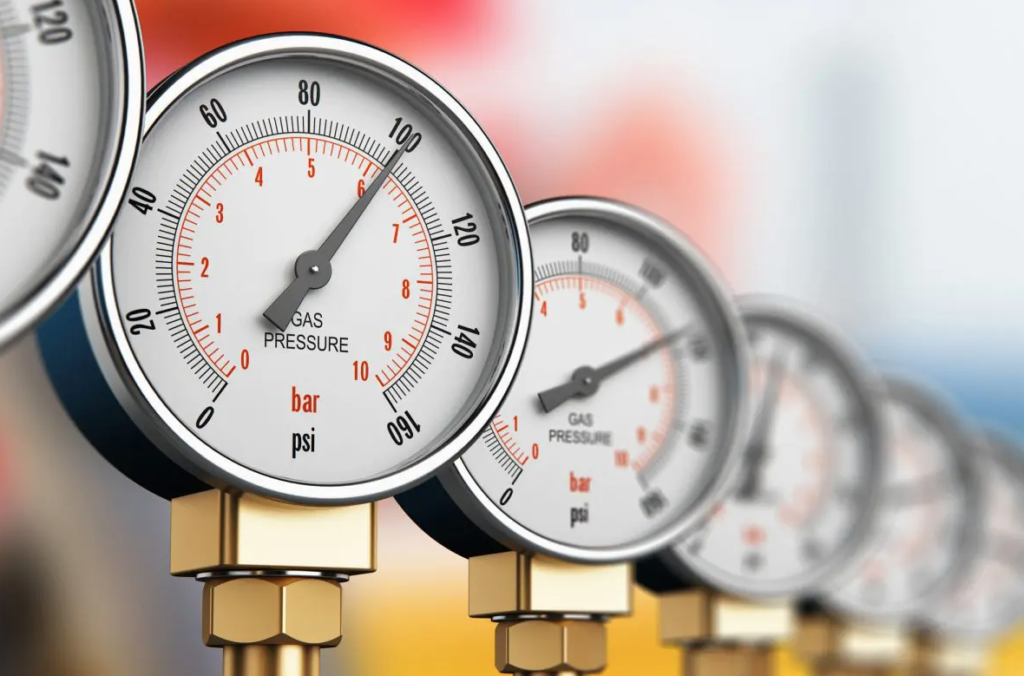From Italy preliminary interest for 2.3 billion m3 of gas
The first Joint gas purchases by Member States of the European Union are being defined. To date, 22 EU countries have already expressed their preliminary interest in aggregating gas demand for the next three years. An interest of 17 billion cubic meters of gas is added to the almost 4 billion cubic meters reported by Moldova, Ukraine and Serbia. This is reported by European Commission Vice-President Maroš Šefčovič speaking from the EU Energy Platform meeting. What is it about? The “tool” launched by Brussels last year to coordinate EU action and negotiations with external fuel suppliers and use EU weight to achieve better conditions for all consumers.
Joint gas purchases, how will it work?
To act concretely will be the provider of services Prisma putting in place a mechanism of aggregation of the question and joint purchase. Christened AggregateEU, it will combine the demand of European companies with the most competitive supply offers in time for the next storage filling season.
To the twenty-seven the obligation to aggregate the demand for gas volumes for at least 15% of the respective constraints of filling storage. Beyond this percentage aggregation will be voluntary, but based on the same mechanism.
So where are we today? Šefčovič answers the question. “We are on schedule”, said the Commissioner, putting all the necessary pieces in place. So far, 22 EU Member States have expressed their preliminary interest in aggregating gas demand of more than 17 billion cubic metres of gas over the next three years”. A figure that also includes Italy with a demand of about 2.3 billion cubic meters.
“I encouraged the remaining five Member States to notify their volumes as soon as possible,” added the EU Executive Vice-President, announcing that Prisma will take action at the end of March. “At the end of this month, the service provider selected by the Commission in January will help us implement demand aggregation as a first step towards the joint purchase of gas”. Companies may then voluntarily conclude purchase contracts with suppliers, either individually or jointly.
A central buyer scheme
“We have also advanced in our discussions to identify the most efficient structure to organize those companies” that will operate jointly. “For example, we envisage a ‘central buyer scheme’ whereby a gas company can negotiate, on behalf of smaller companies and consumers, a contract with suppliers”. In this context, the European Commission is preparing to launch a call for expressions of interest so that companies can act as central buyers. “We aim to have a number of central buyers, representing different groups of companies, to encourage competition, to the ultimate benefit of European consumers”.

